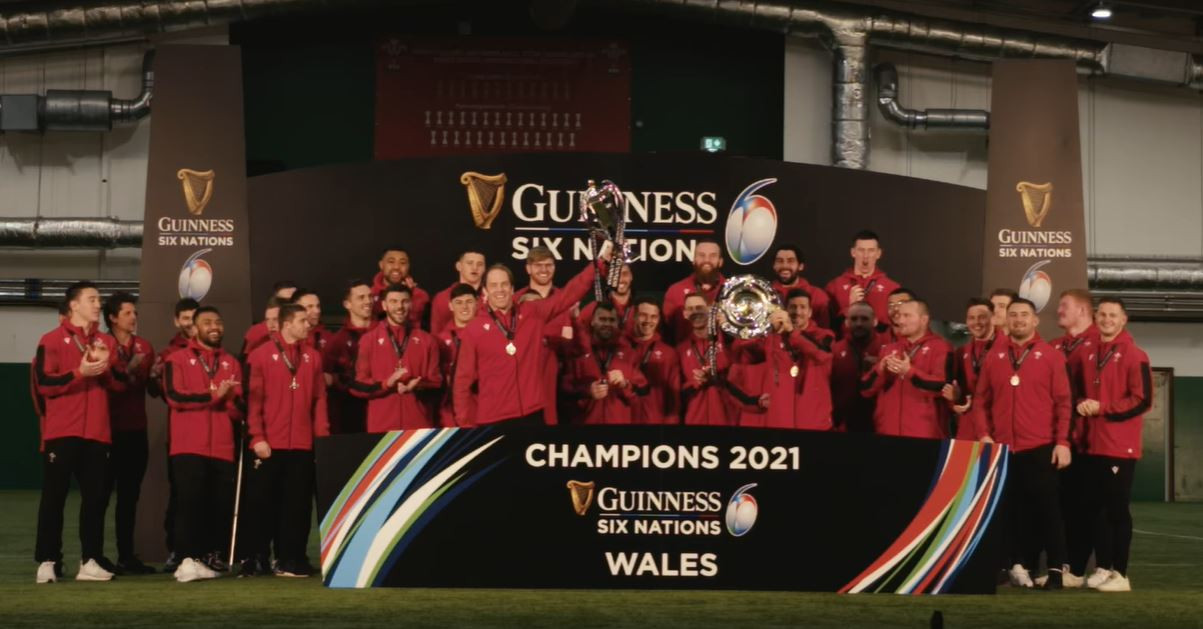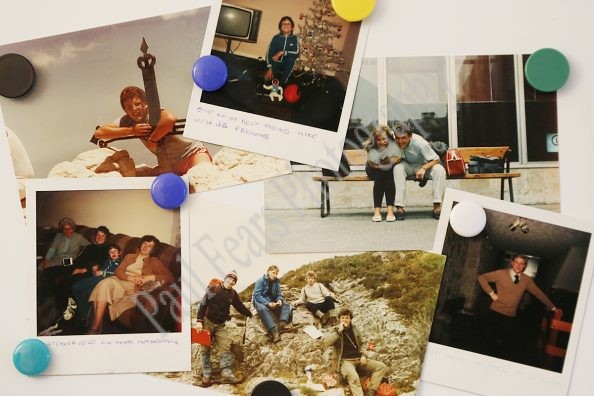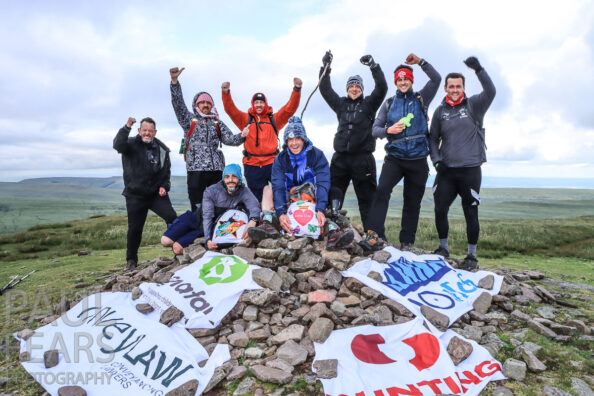When Wales won the 2021 Guinness Six Nations Rugby Union Championship, it capped a remarkable year. The coaching team, headed up by Wayne Pivac, was under intense scrutiny after winning only three out of ten tests in 2020. As always, the critics were vocal and Wales was a rank outsider with the bookies and many rugby pundits (notably apart from Scott Quinnell) for securing a sixth Six Nations championship.
The turnaround is a great example of sporting success. In the same way, there are lessons that many businesses can learn from the success of the Wales rugby team in 2021, especially in these difficult times. So, what are those lessons?
Evolution
Under previous coach Warren Gatland, there had been a decade of success for Wales with three Grand Slams, four championships and twice reaching the World Cup semi-finals. Whoever took on the Wales coaching role would be compared with his predecessor and after only 3 victories in 2020, the pressure was on.
- Related blog: Thank You Warren Gatland
However, Pivac and his coaching team had a plan. The game of rugby continually evolves and so did the Wales team’s tactics. Pivac’s philosophy was to play a more expansive style of rugby than his predecessor. Getting his team to engage and understand the new direction took time, but ultimately brought success and plaudits. In 2021, Wales scored 20 tries, their highest ever in the Six Nations and two more than any other nation. They scored 164 points, 24 higher than any other team.
Over the past twelve months, many businesses have had to evolve simply to survive. The rate of evolution has been dramatic due to the pandemic. Nevertheless, continued business success is always dependent on evolution. Stagnant businesses commonly fail, whilst those changing products, personnel, and practices succeed.
March 13th 2020 marked a milestone in my business as it was the last time I photographed an event in over twelve months. Photography projects were few and far between and I changed my focus to digital marketing support for two engineering companies. Indeed, my business model will probably never revert back to what it was in early 2020.
Maximising Potential
George North is one of the most talented rugby players ever to take the field. With over 100 caps for Wales, he has enjoyed success with both Wales and the British and Irish Lions. However, in the Autumn the knives were out. Many critics were asking whether North’s international career was over.
Pivac saw an opportunity to do something different and moved North into outside centre. This was a position North had played before and one that Gatland predicted North would develop into later in his career. He was right. In the 2021 Six Nations, North has been immense, with pundits now naming him as a definite starter for the British & Irish Lions in the forthcoming 2021 series against South Africa.
In business, people also evolve. Identifying employee potential is a key part of successful management. In all businesses, there are employees who could move from one department to another, from Sales to Production, bringing new ideas and fresh energy. As Pivac did with North, there has to be trust and honesty both ways, but the result could be incredible for both the employer and employee.
Changing Direction
The Autumn 2020 test series highlighted concerns about the Wales defence. Pivac had brought in highly-rated Byron Haywood from the Scarlets as his defence coach. After the Autumn series, Pivac made a big call and Haywood left the coaching team, ultimately being replaced by Wales’ legendary prop forward Gethin Jenkins. The result was astounding, with Wales conceding the joint second lowest number of tries in the tournament (11).
Constantly reviewing performance against key criteria is a key part of business management. However, business leaders and managers need to be brave and sometimes acknowledge that their plan is not working. Also, it is important to accept that not every plan will work. And if a plan doesn’t work, accept that this is part of life’s rich experience and use it to develop the next plan and move forward.
Developing Youth
20-year old Louis Rees-Zammit took the 2021 Six Nations by storm. However, Rees-Zammit is one of a number of young players being brought into the team by Pivac. During 2020, these youngsters joined up with the Wales team to experience being inside the squad. By the time they took the field in the 2021 Six Nations, they were fully integrated into the philosophy of the team both on and off the field.
The continued call for business and engineering apprenticeships highlights the importance of developing youth. Firstly, young people need to be given the opportunity. Then they need help and support to develop their skills. The long-term benefit to any business is substantial.
Just before lockdown, I began my quest to support student photographers. After speaking to a group of students at Bridgend College, one of the students joined me to photograph the International Women’s Day Lunch event for ACCA Cymru at the Liberty Stadium in Swansea. Providing young people with such opportunities will be critical as we slowly recover from the pandemic.
- Related blog: Supporting Student Photographers
Experience
As the next generation of players emerge, so there is pressure for the old guard to step aside. However, the timing is often the difference between success and failure. The Wales team includes players who’ve won Grand Slams, championships and British & Irish Lions series, but Pivac ensured that all players still had to prove themselves to pull on a red shirt. The evergreen Alun Wyn-Jones, Ken Owens, Justin Tipuric, and Jonathan Davies appeared rejuvenated, and there was even an all-too-short, injury-hit appearance from Dan Lydiate. These ‘old-heads’ lead from the front, instilling confidence and belief in those around them. Apart from the last ten minutes against France, the senior Wales players performed this role admirably.
In business, the right blend of experience and youth is equally important. More experienced employees may not have the drive of their younger counter parts, but isn’t that the point? The best team features employees with a wide range of skills and experience. Many successful businesses utilise older employees in mentor roles, and even bringing back retired staff in such a part-time role. This protects against the loss of precious skills and experience, which were only gained over time.
The Next Step
Time never stands still and I am sure that Wayne Pivac and his coaching team are assessing how to further evolve this Welsh team ready for the next Rugby World Cup in 2023.
Equally, as Covid-19 immunisation of the British population continues, restrictions will ease, allowed many businesses to press the restart button. If businesses are unsure what steps are needed to survive and blossom in a post-pandemic environment, then maybe researching the success of the Pivac-led Wales rugby team would be a good start.
Paul Fears is professional photographer based in South Wales, specialising in event photographer including sports hospitality




